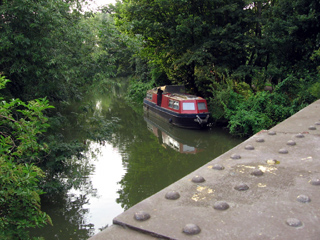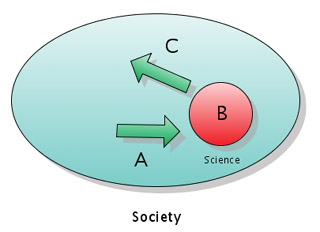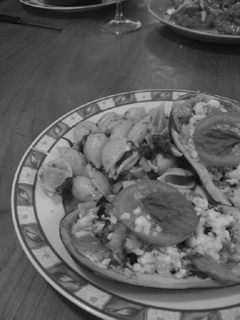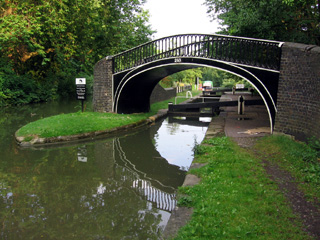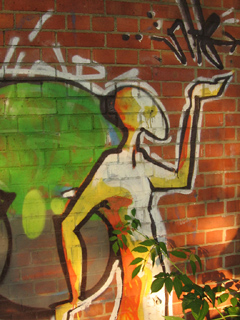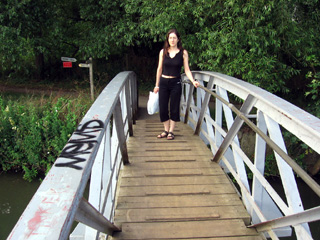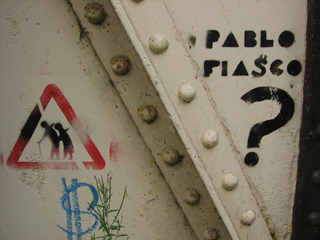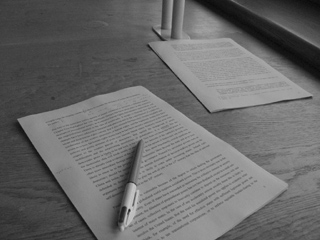
The academic stages of my life have involved a huge amount of editing. I have read countless essays written by friends, papers submitted to journals, chapters destined for books, scholarship essays, and the like. It seems to me that there are three major types of editing that occur: low level, high level, and contextual.
Low level editing is what I have been doing for the last three hours: the careful reading of someone’s written work, with the major aim of identifying minor errors of spelling and grammar. The remit frequently extends to include the identification of sentences that are particularly unclear or otherwise problematic. Low level editing is distinguished by the fact that large amounts of knowledge about the topic of the work being edited are rarely required. Knowing terms of art can be an asset (those who do not often misunderstand how they are to be used), but I am essentially capable of giving a low level edit to anything written in the social sciences or the humanities.
A high level edit is much more intellectual. Alongside language, argument is evaluated. Contradictory evidence might be brought up; logical flaws might be highlighted. A high level edit usually incorporates a low level edit, but need not do so. A high level edit is rarely effective or comprehensible to the person whose work is being edited without one or more conversations. While a low level edit might get you thanked in a block of names in the acknowledgements section of a book, enough high level edits might get a book dedicated to you. Indeed, I am personally extremely grateful to people who have done high level edits of things I have written over the years: particularly Kate Dillon, Meghan Mathieson, Tristan Laing and Ian Townsend-Gault. Virtually everything important that I’ve written in the last five years has passed an inspection from at least one of them.
Contextual editing is the kind I have done least. It is the process of adapting a written work to fit into a particular place: whether a journal, a book, or somewhere else with specific requirements for length and content. I’ve done a lot of that on the fish paper – as well as when I worked for the international relations and history journals at UBC. Contextual editing has the virtue that it generally takes the quality of text and argument in the original piece as settled. It has the pitfall that it is generally an arduous process of sorting, summary, and re-jigging that is rather less rewarding than either of the other sort of edits.
Anyone who has ever been irked to see a tense or pluralization error in the middle of a huge academic tome might pause to consider the amount of error checking that goes into such things. The essential fact is that the brain that wrote a sentence is often badly placed to pick out any flaws within it; they have long-since been papered over in the mind of the author. With regard to errors in books, I have certainly noticed a great many such things myself. These days, I am likely to angrily correct them with a four-colour pen. I tip my hat to all the friends, spouses, significant others, teachers, and supervisors who have reduced the number of times it takes place. You are true heroes of the intellectual process.

